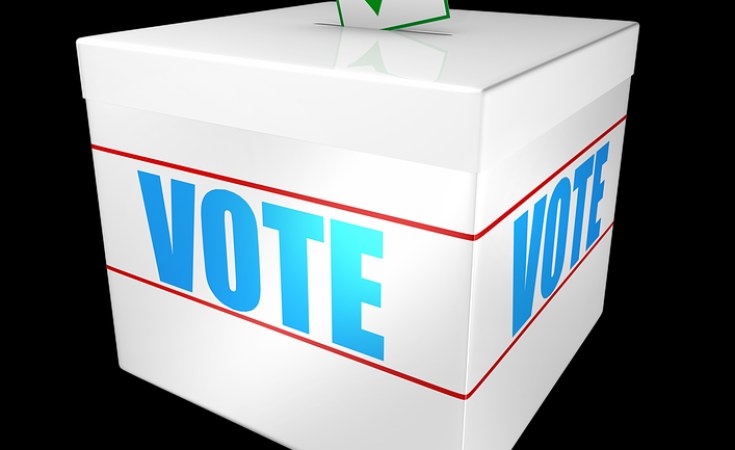Maputo — Maputo, May 29 (AIM) - Canada has pledged to disburse 1.5 million Canadian dollars (about 1.1 million US dollars) to support the current electoral cycle in Mozambique, taking into account the need to ensure the inclusion of the most vulnerable groups as well as guarantee greater transparency.
The support will be through the United Nations Development Programme (UNDP), which will cover women, youth, and elderly people, as well as people with disabilities.
To this end, a Collaboration Agreement between Canada and the UNDP was signed in Maputo on Friday.
According to the Canadian high commissioner, Sara Nicholls, the holding of credible elections in Mozambique is of concern to her country's government, which is why the initiative will continue in the coming years.
"The issue of credible and inclusive elections is a concern shared by Canada, not only in Mozambique, as well as in other friendly countries. Therefore, this project fits within Canada's efforts to target its assistance towards initiatives that best support the empowerment of the poorest, and the most marginalized and vulnerable, particularly women and girls', she explained.
"These types of interventions will continue over the next two years, building capacity and improving electoral processes. We hope to contribute to making the 2023 and 2024 elections peaceful and inclusive', the diplomat added.
For his part, António Molpeceres, the resident representative of UNDP in Mozambique, guaranteed that the amount will reach its intended recipients.
"The total amount of support will be allocated to civic education and voter information activities, with a special focus on the most vulnerable groups, including women, youth, the elderly, and people with disabilities', he said.
Molpeceres also said that in addition to the Mozambican electorate, the funds will benefit all institutions interested in the elections.
The chairperson of Mozambique's National Elections Commission (CNE), Bishop Carlos Matsinhe, said, at the ceremony, that the amount is an asset as it comes at a time when the electoral bodies are facing a shortage of funds.
"The moment marks a significant step for the electoral administration and management bodies, which are struggling with insufficient resources to carry out various activities aimed at developing democratic processes in the country', he said.'
Matsinhe added that there are several programmes pending due to budget shortfalls, and so "this support is very relevant as it will benefit all institutions interested in the electoral process.'


